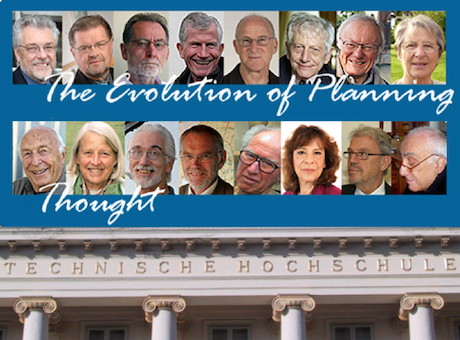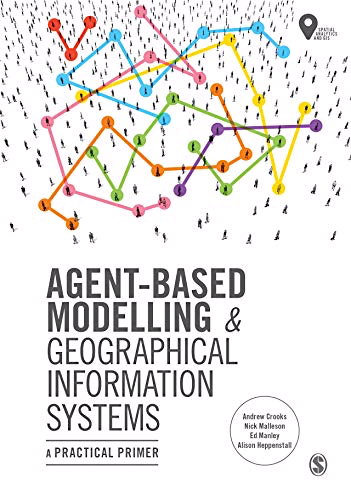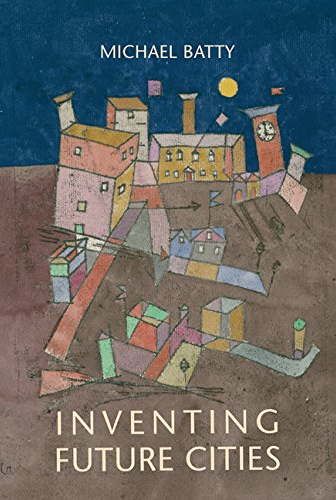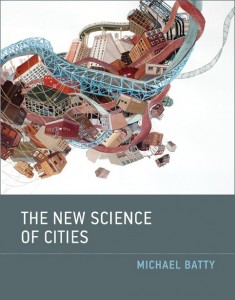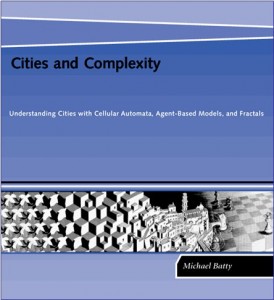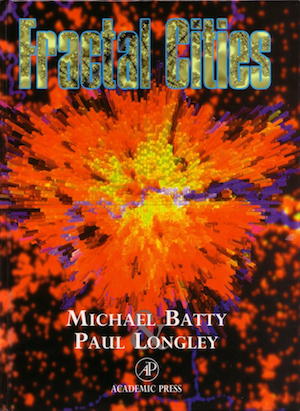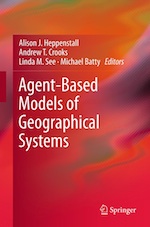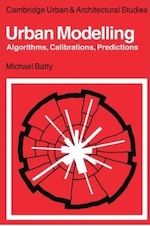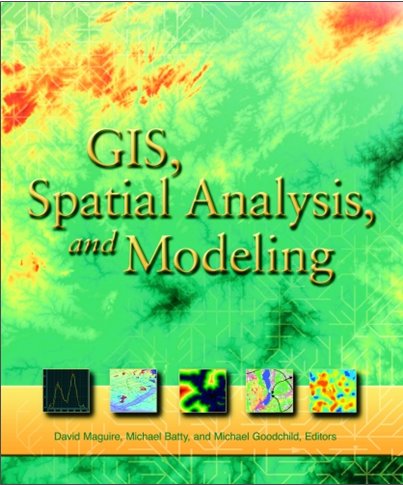This is a project that I never quite imagined I would be involved with as I have always thought that I straddled the boundary and reflected the tensions of trying to seek an understanding of cities in contrast to an understanding of planning. And as such I assumed that one was always torn between one or the other and in recent years I have tended to fall on the side of understanding cities.
Cities and Planning of course are different sides of the same coin but most of my colleagues who have pioneered ideas about cities have not really trespassed on planning and to an extent, with exceptions of course and some of them are here at this meeting, vice versa. Anyway in May there is a meeting in Vienna organised by Beatrix Haselsberger to reflect what we have achieved, after half a century or more of effort ,and to translate all this to a younger, newer, perhaps fresher generation of insights on the planning endeavour. Let me say what the project is about and I have taken this from the web site which you can access here. You can also get a sense of who all the contributors are from their CVs and their statements of how they see this project.
The Evolution of Planning Thought is a project to understand and unpack the roots of the planning discipline. In difference to existing ‘planning history projects’, it seeks to explore the roots of planning through the eyes of selected individuals who influenced and shaped the field of planning over the last five decades. Understanding the history of the field of planning through oral histories enables us to grasp also the impacts of historical events, demographic change, political systems, etc. of an ever changing world, on the history of the field. This approach makes it possible to understand how planning thoughts can be adopted meaningfully in a different time, context and situation. The project was born out of the need to capture the wisdom of the first generation of planners. The finite amount of time that the current and next generation of planners have to accumulate this information underlines the ‘now or never’ aspect of this project. When this is gone, their knowledge will be lost. This makes this project an extremely time sensitive endeavour. We argue that it is important to understand the Evolution of Planning Thought in the context of personal values and experiences as well as in relation to an ever changing world, from those individuals who have first-hand knowledge of this intellectual evolution. Through their historical accounts of the emergence and development of the field of planning, we can not only reflect on the past to resolve our current issues but we can reflect on the past to further the field of planning in the future.
There is an interesting line up of people here – many formally retired but still as active as ever. Some were my own mentors and they span more than one generation, certainly two, not quite three. there pictures of what they look like now are in the image above tbut they are clearer on the website where you can get the tentative programme
Top row above: Cliff Hague (at University with him in Manchester (1967-1969), Gerhard Schimak, Klaus Kunzmann, Louis Albrechts, John Forester, Peter Hall (My HOD in Geography at University of Reading 1969-1979), me (Mike Batty), Patsy Healey (who worked with my wife at Oxford Poly in the late 1970s)
Second row above:John Friedman, Judith Innes, Charles Hoch, Barrie Needham. Peter Marcuse, Rachelle Alterman, Andreas Faludi (who also worked with my wife at Oxford Poly in the early 1970s), and Luigi (Gigi) Mazza.

